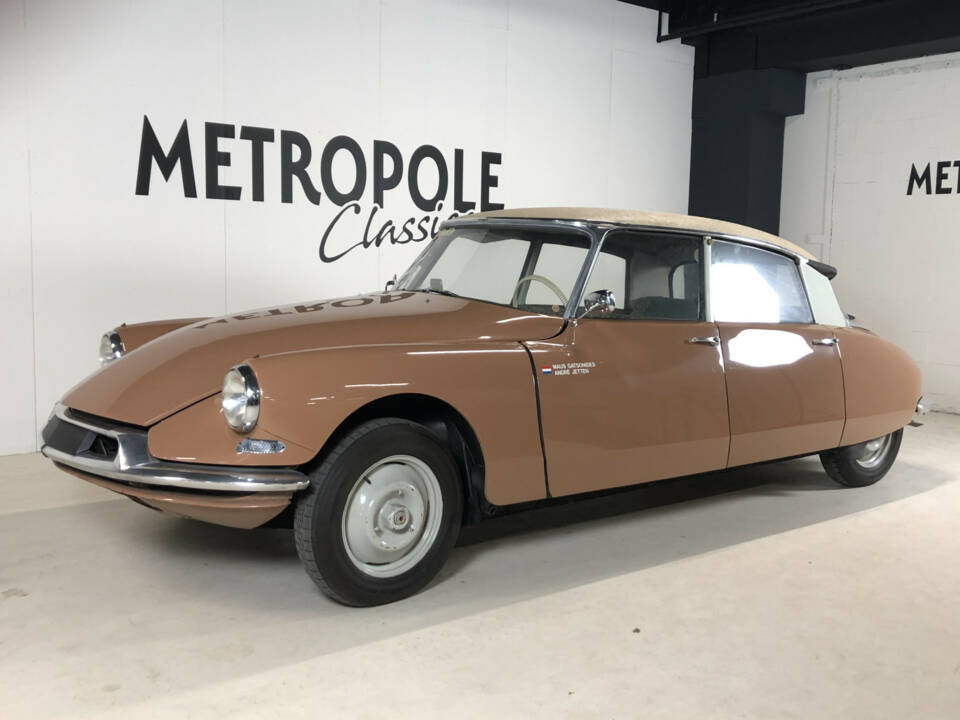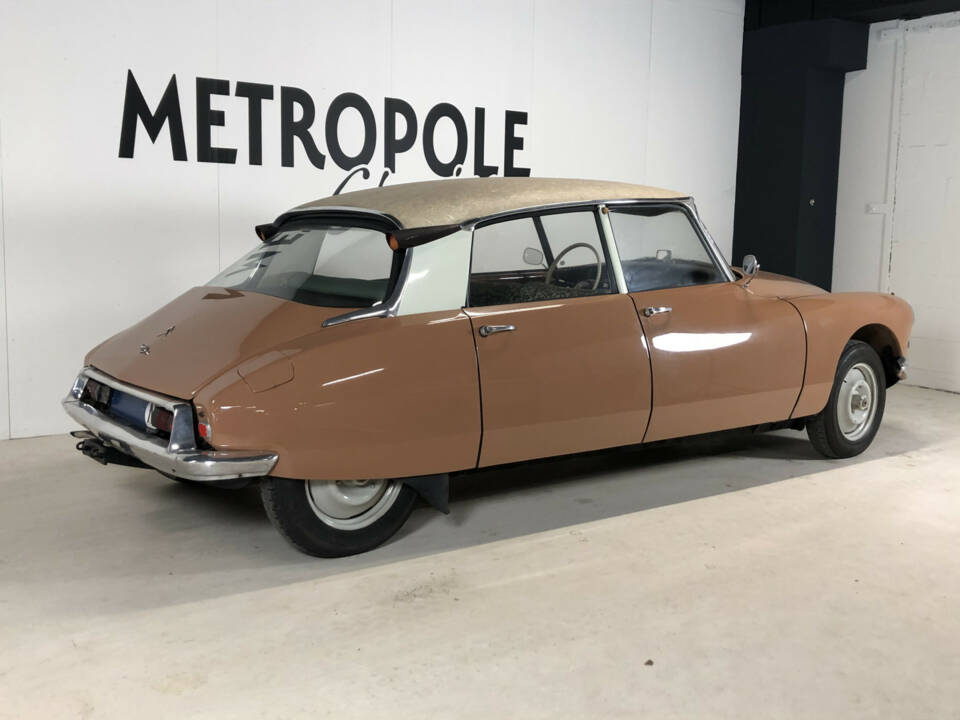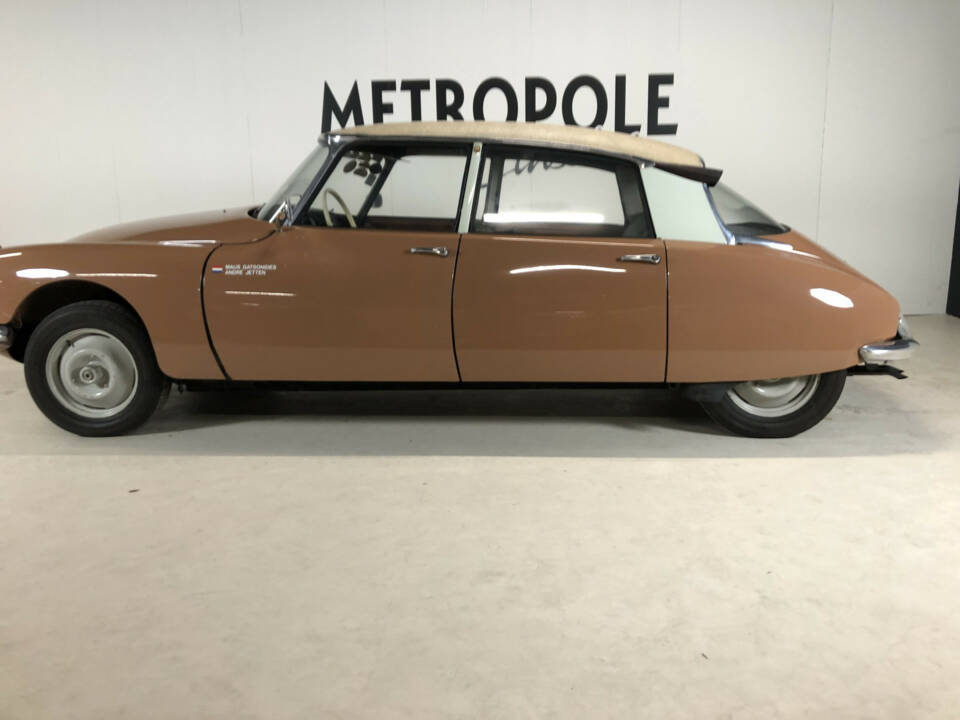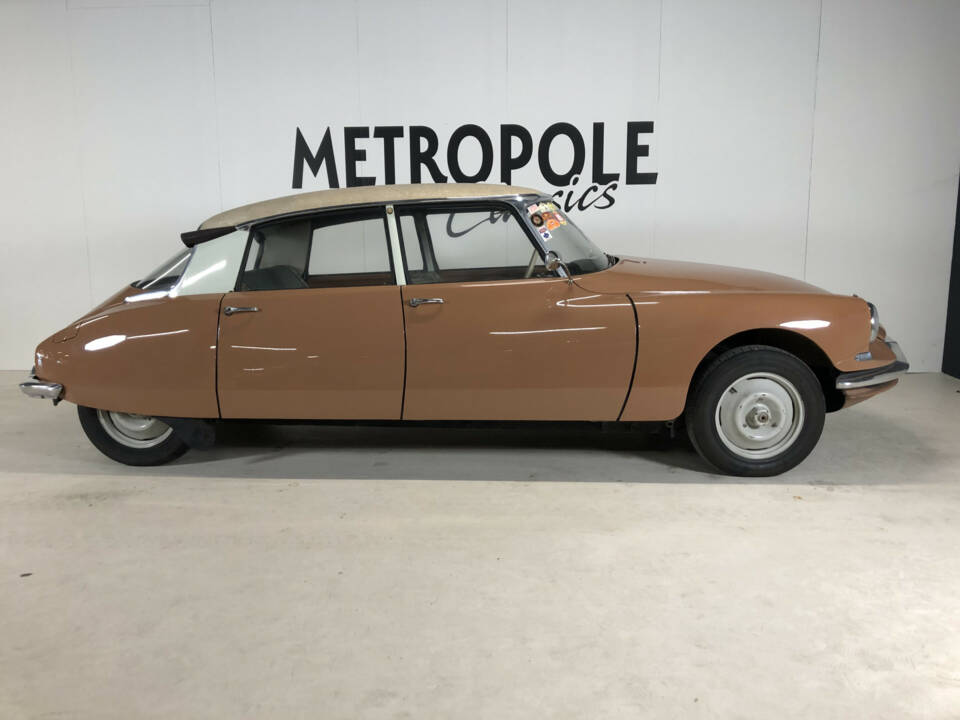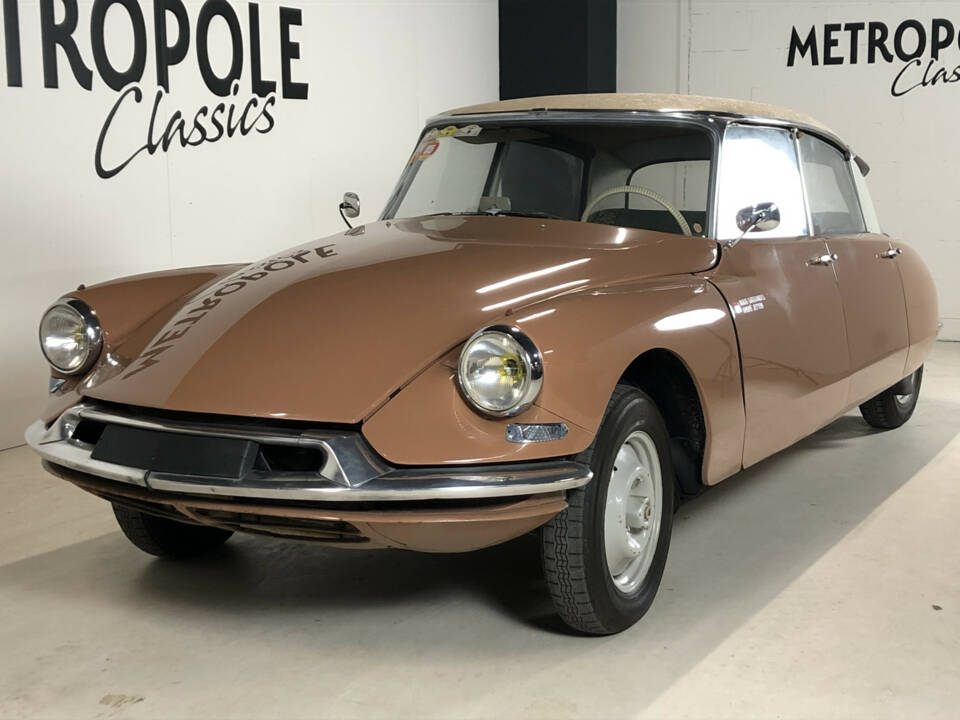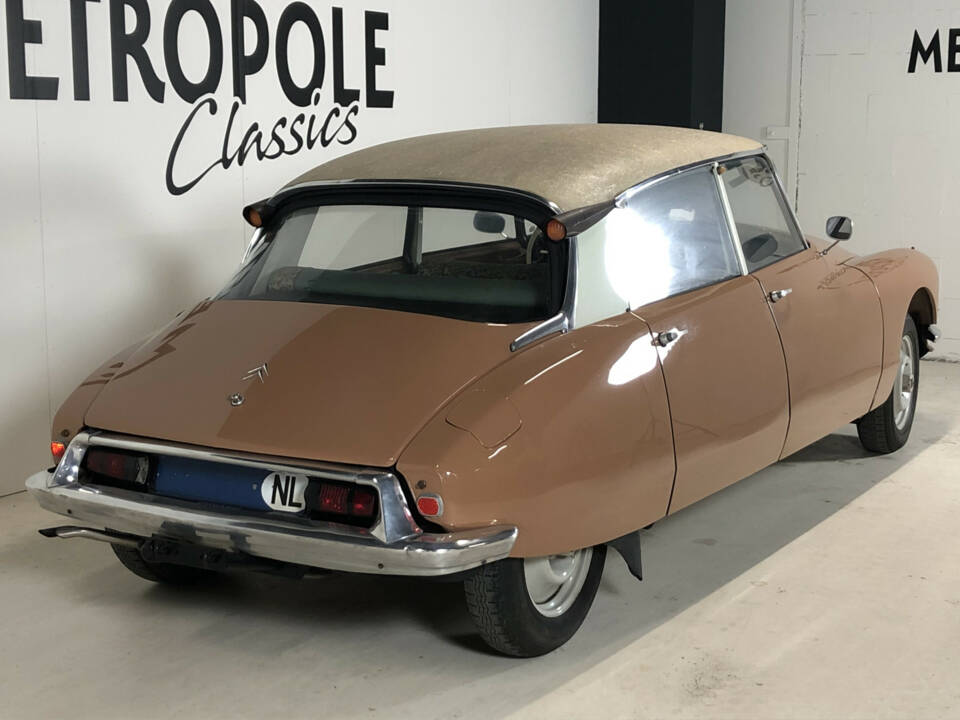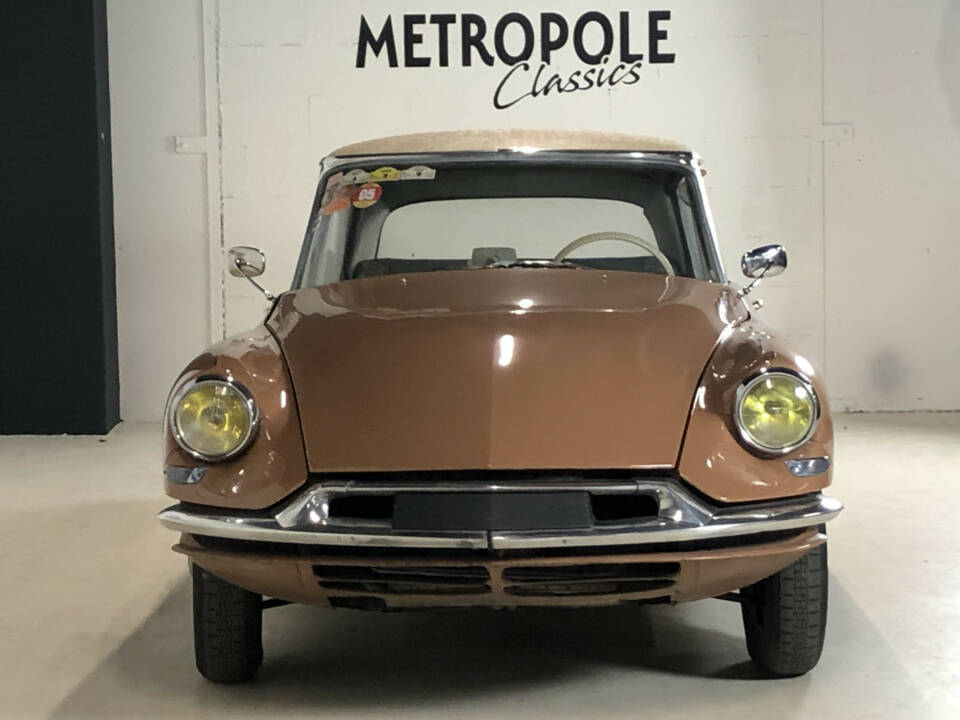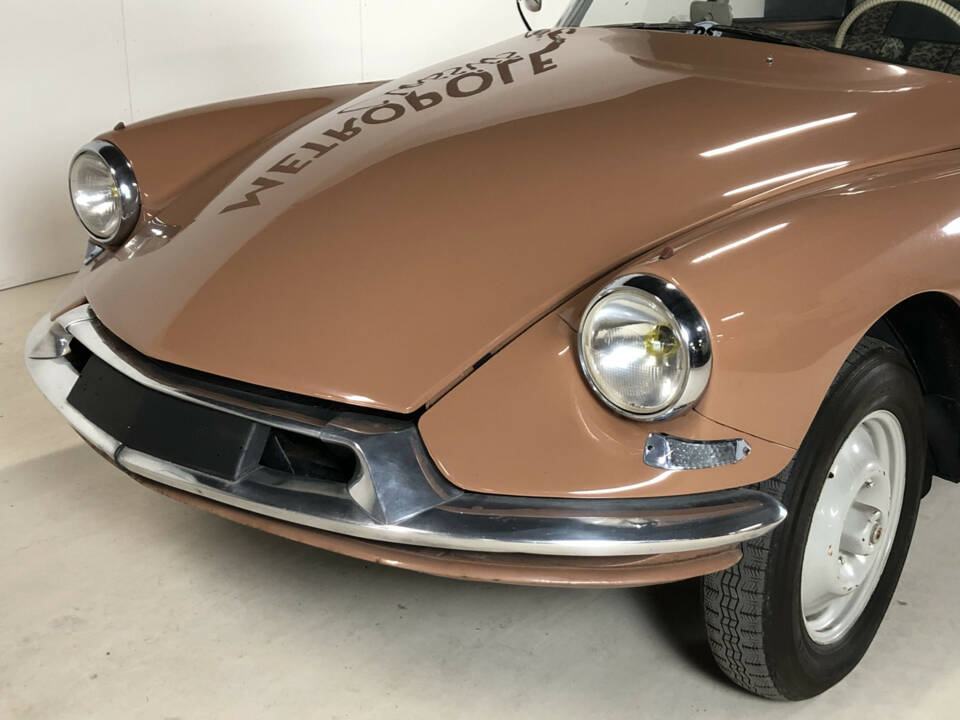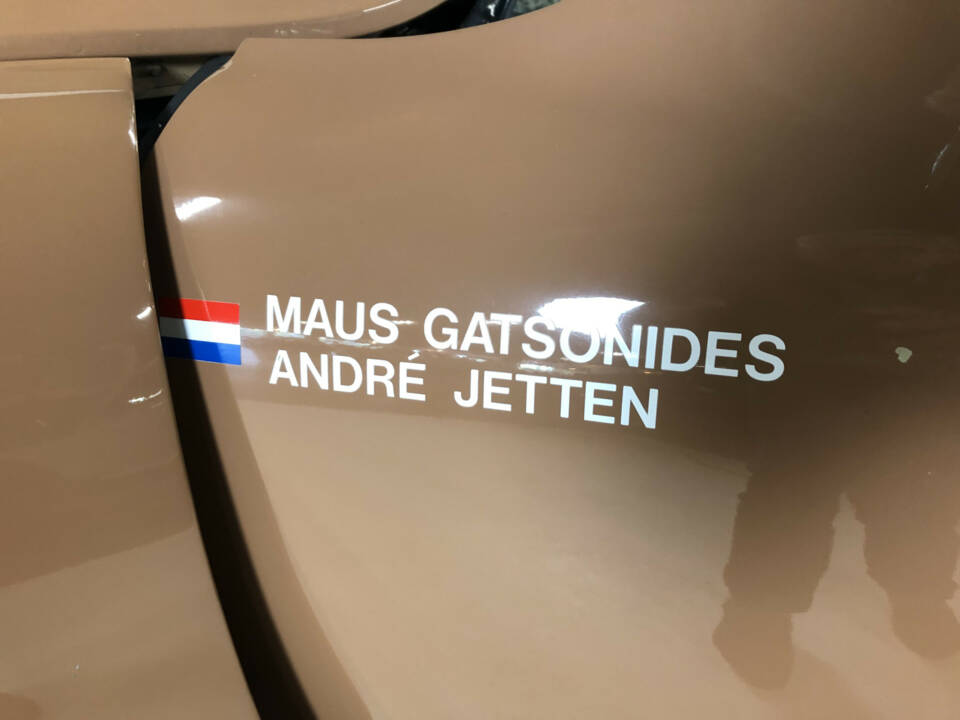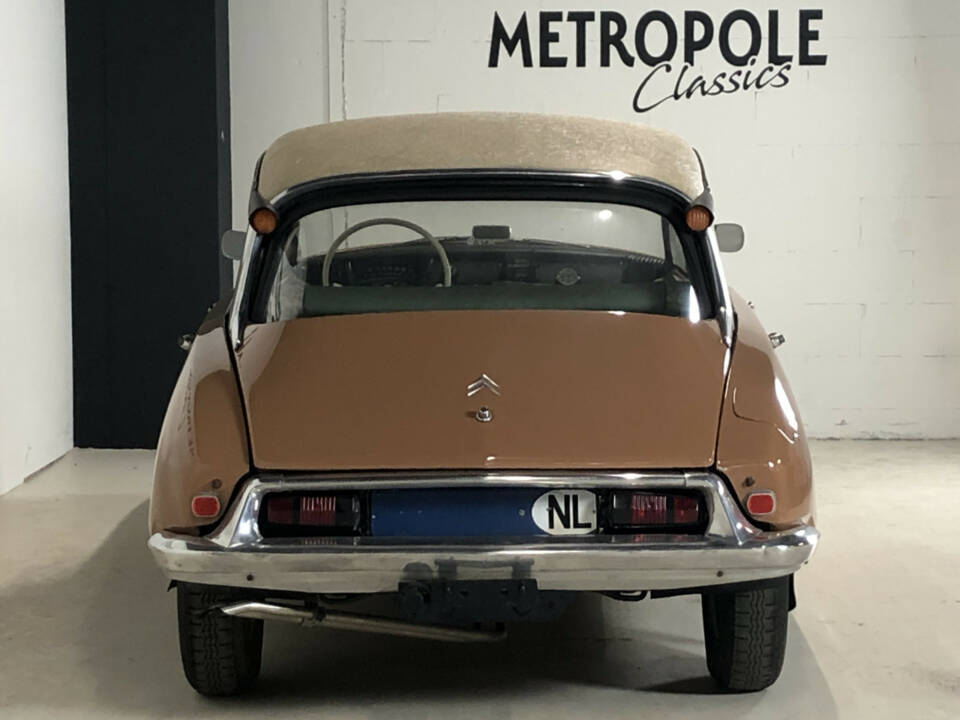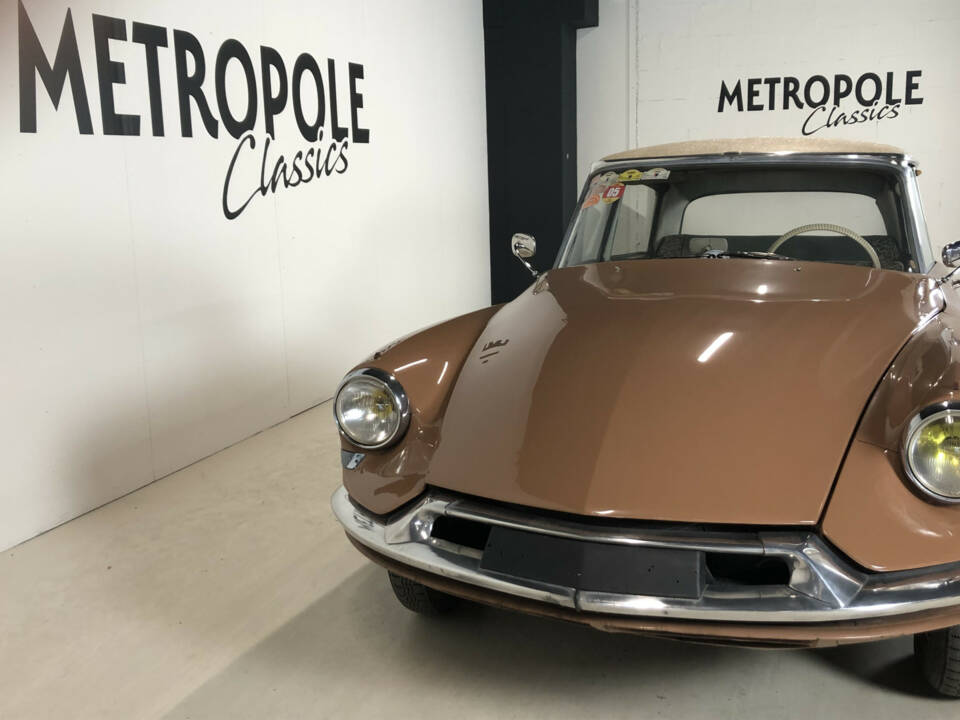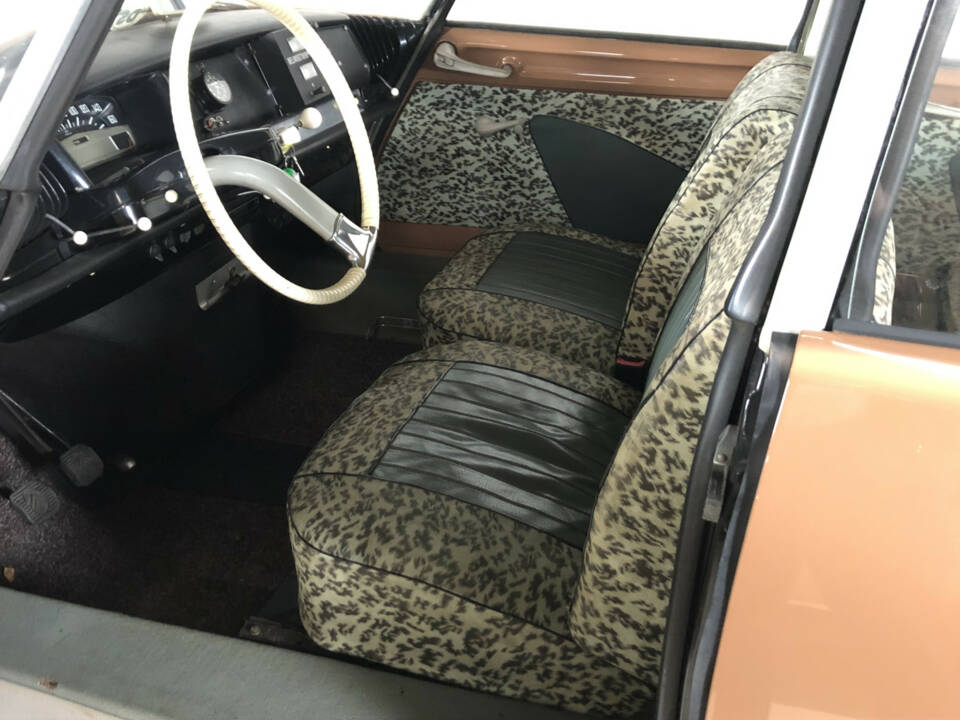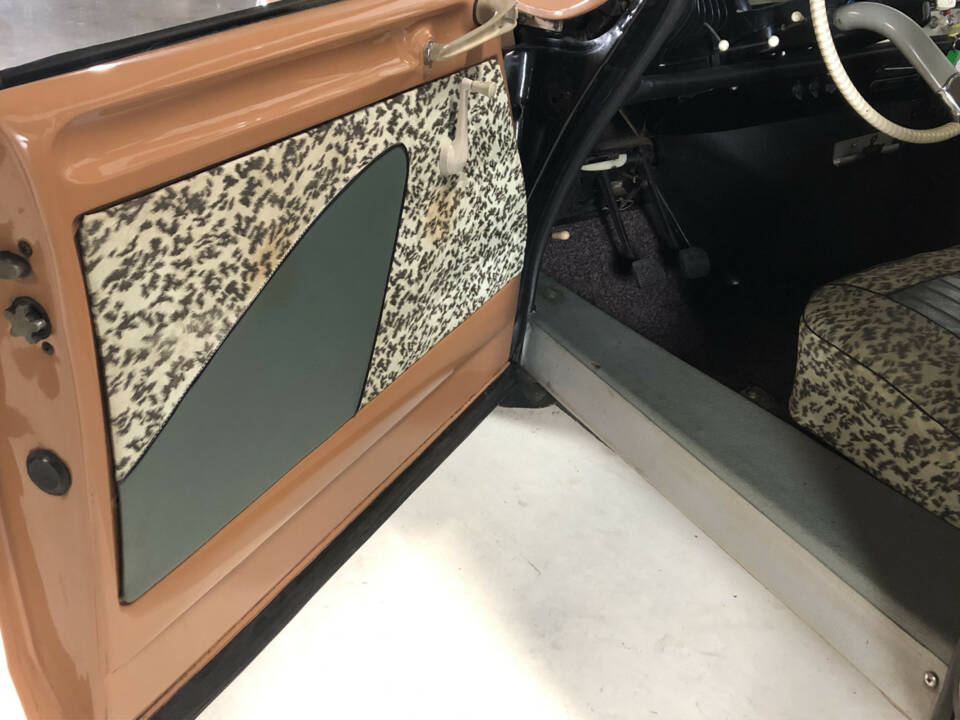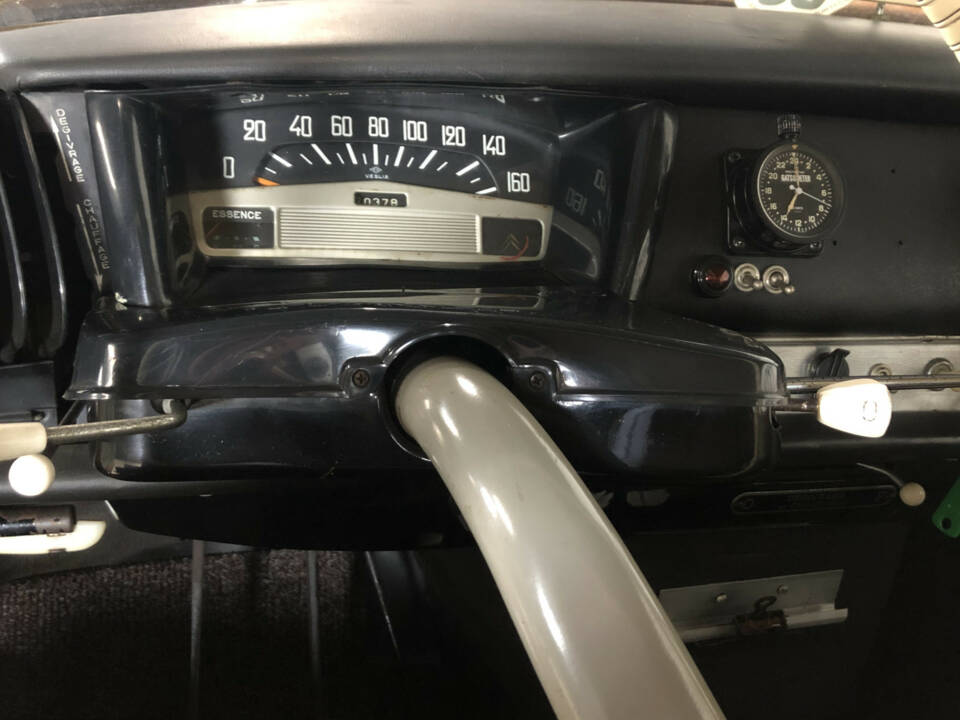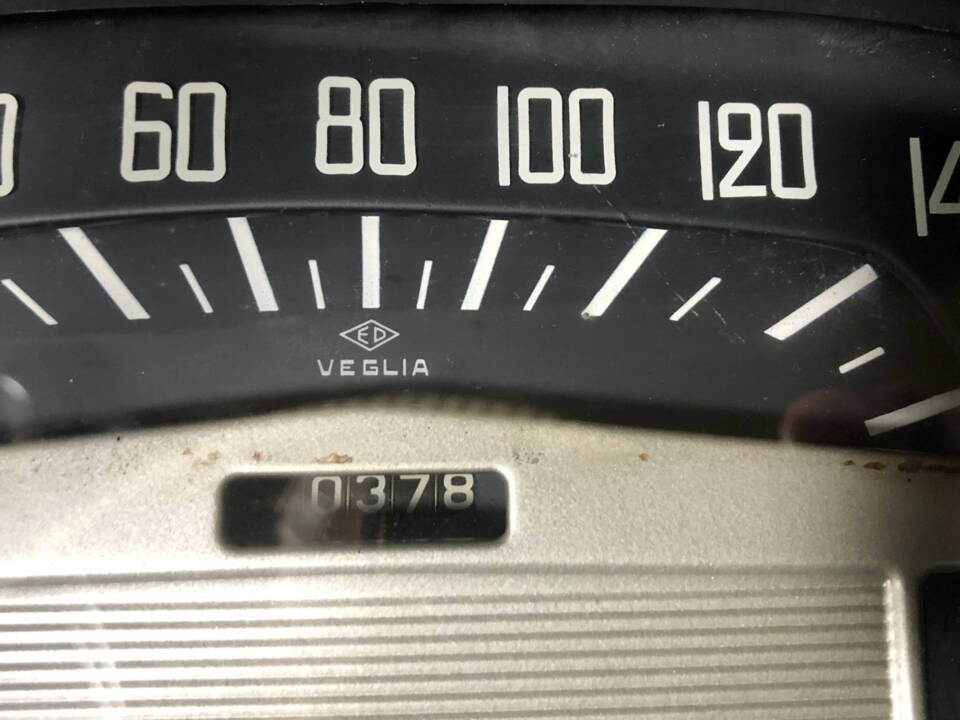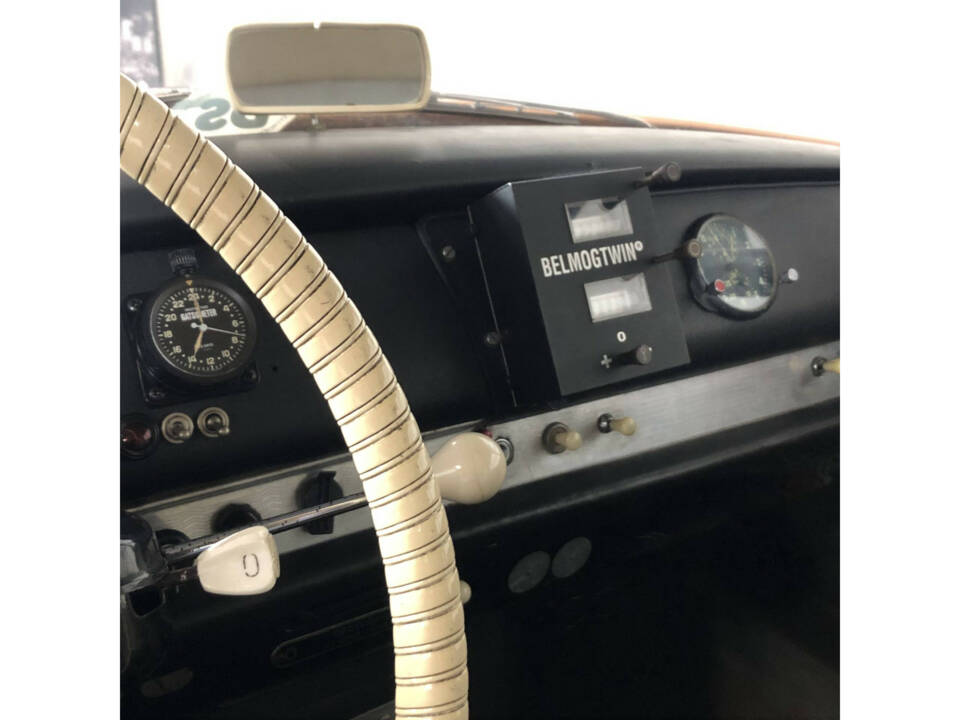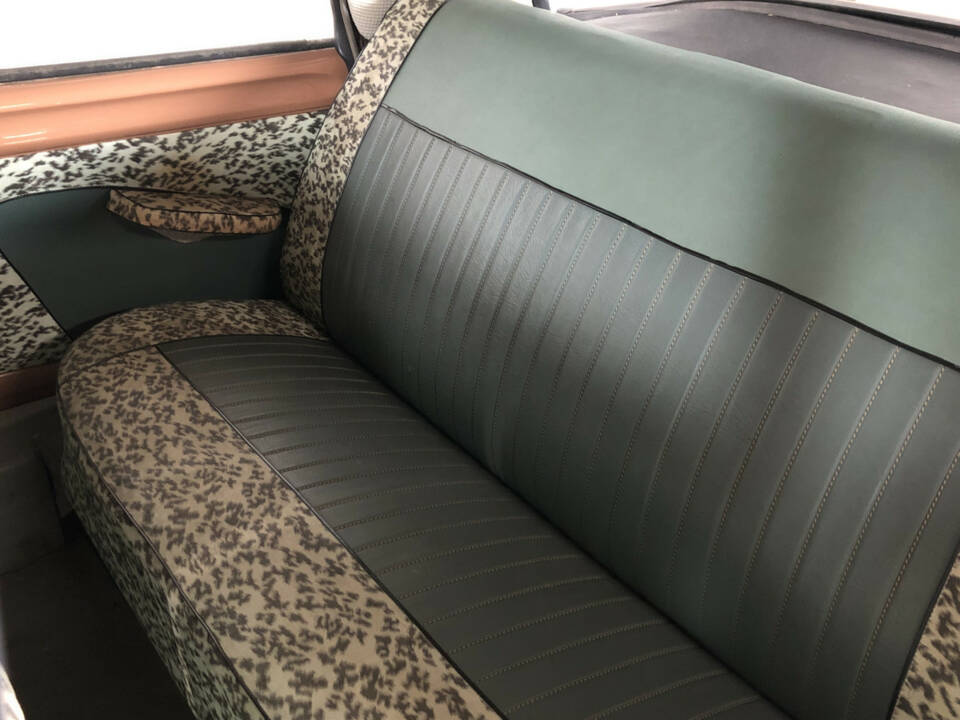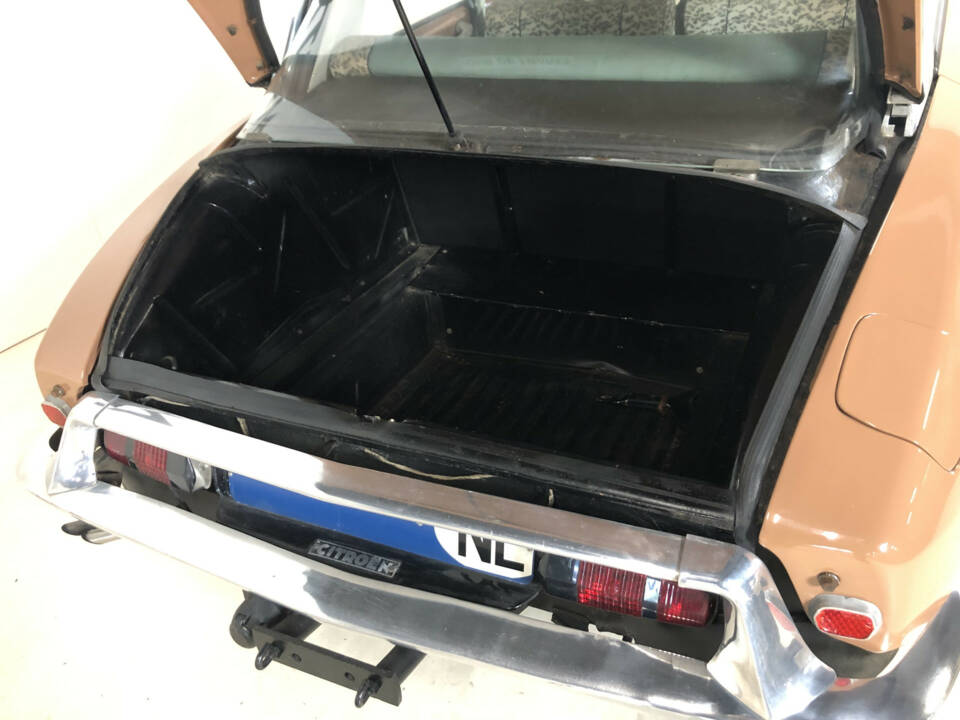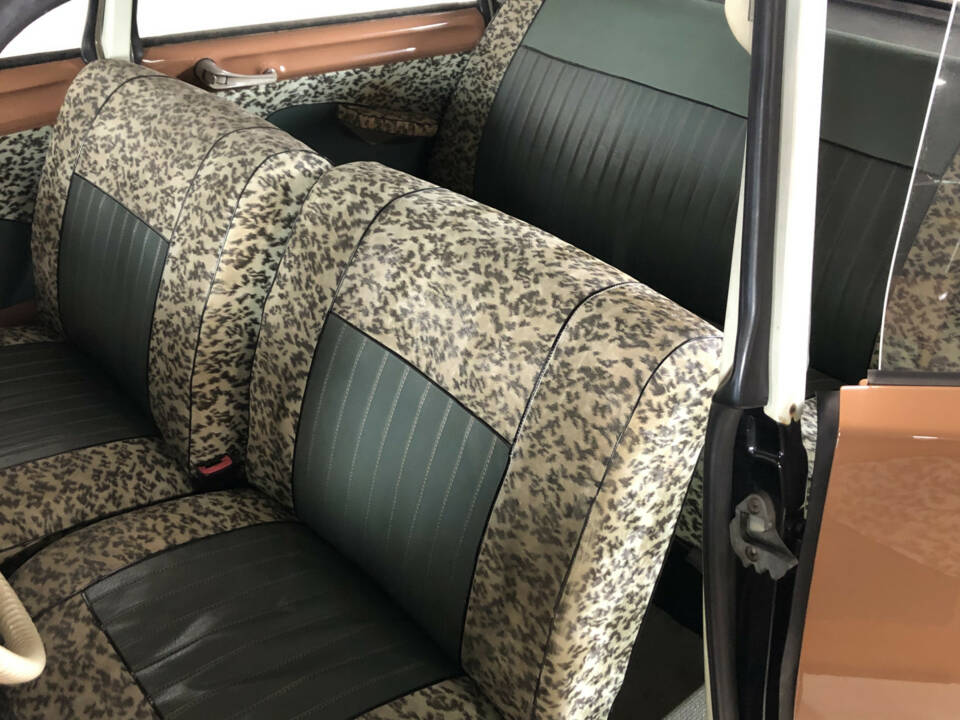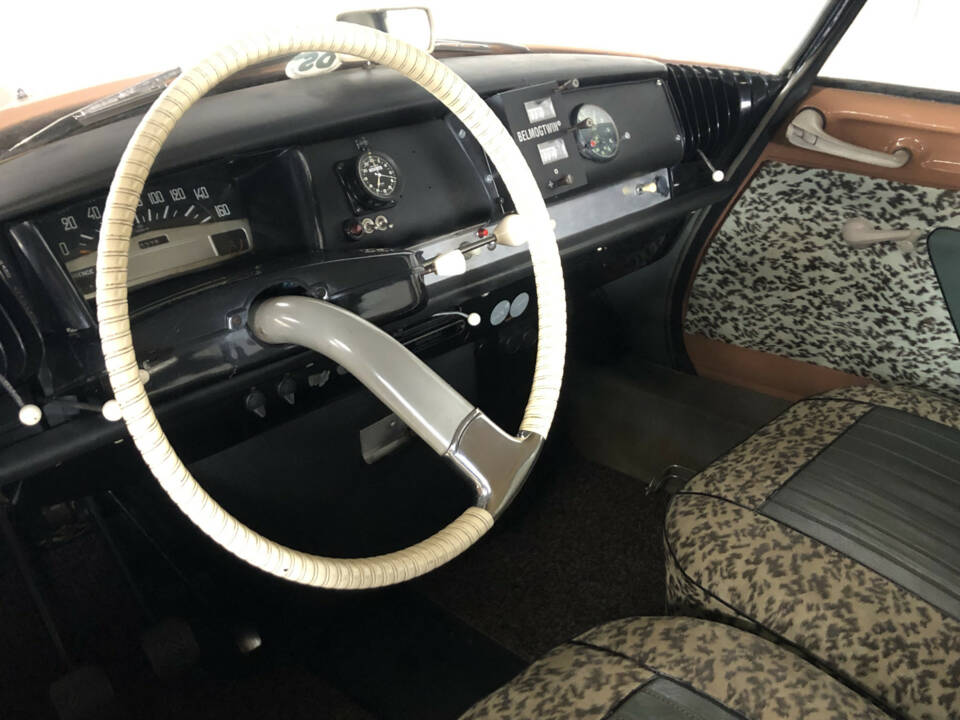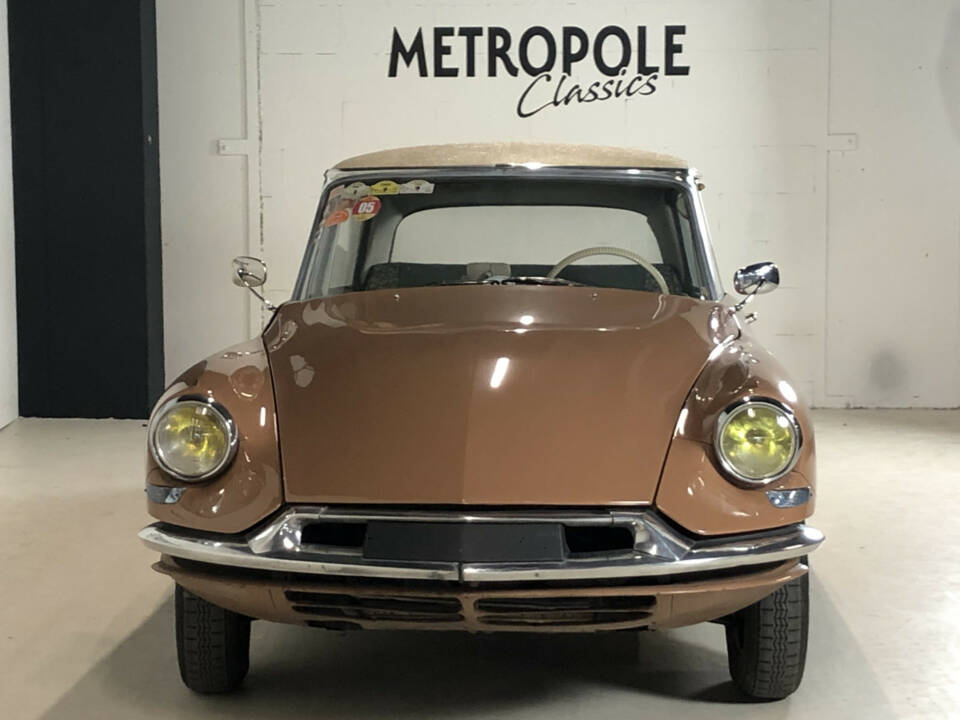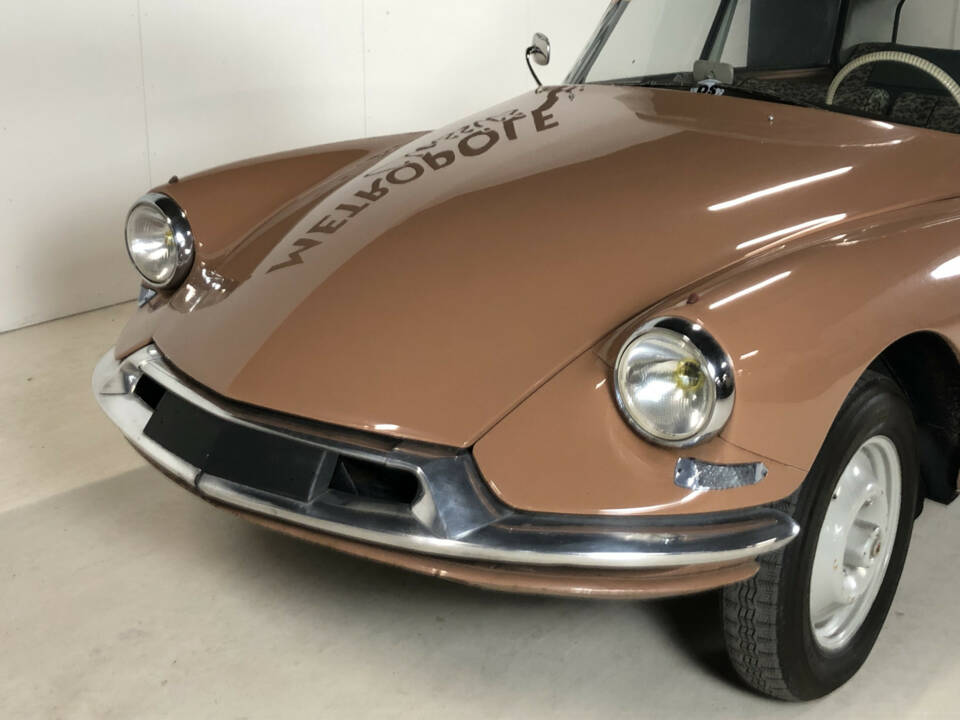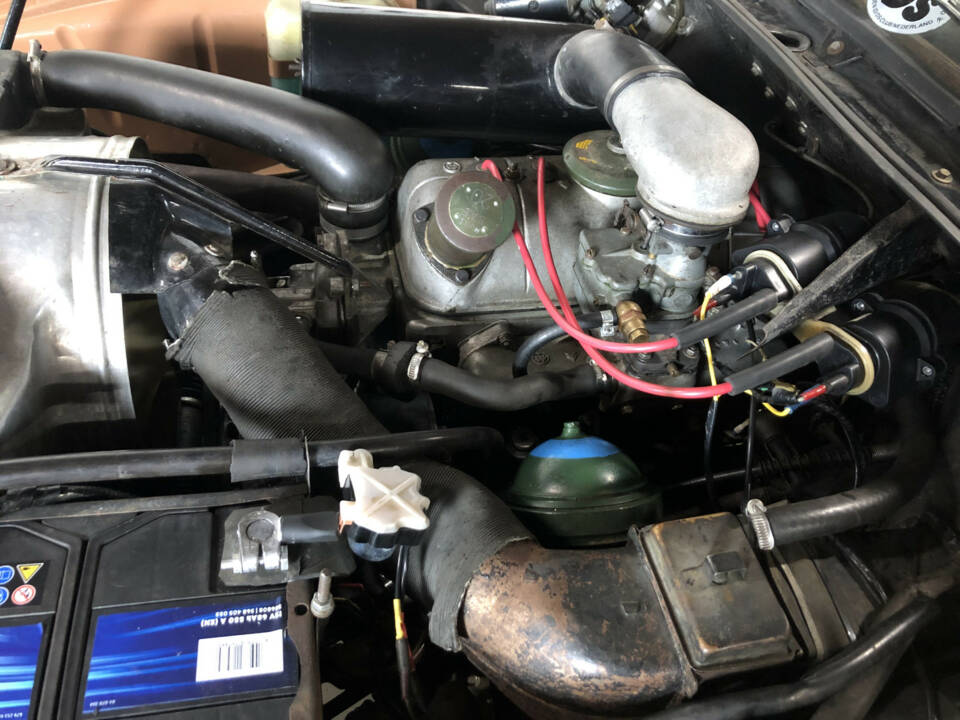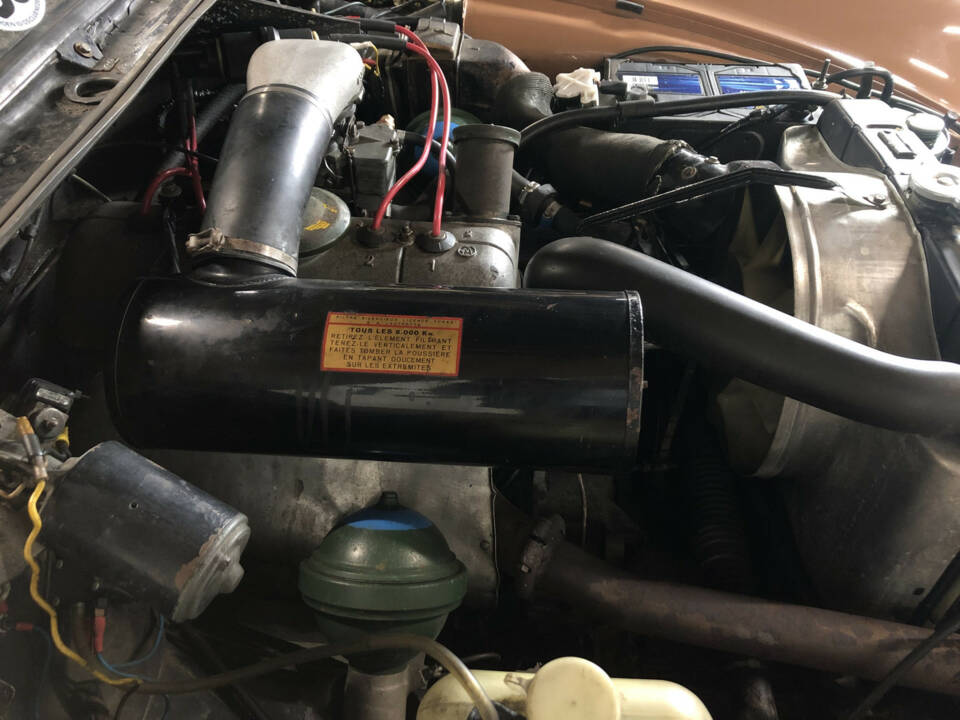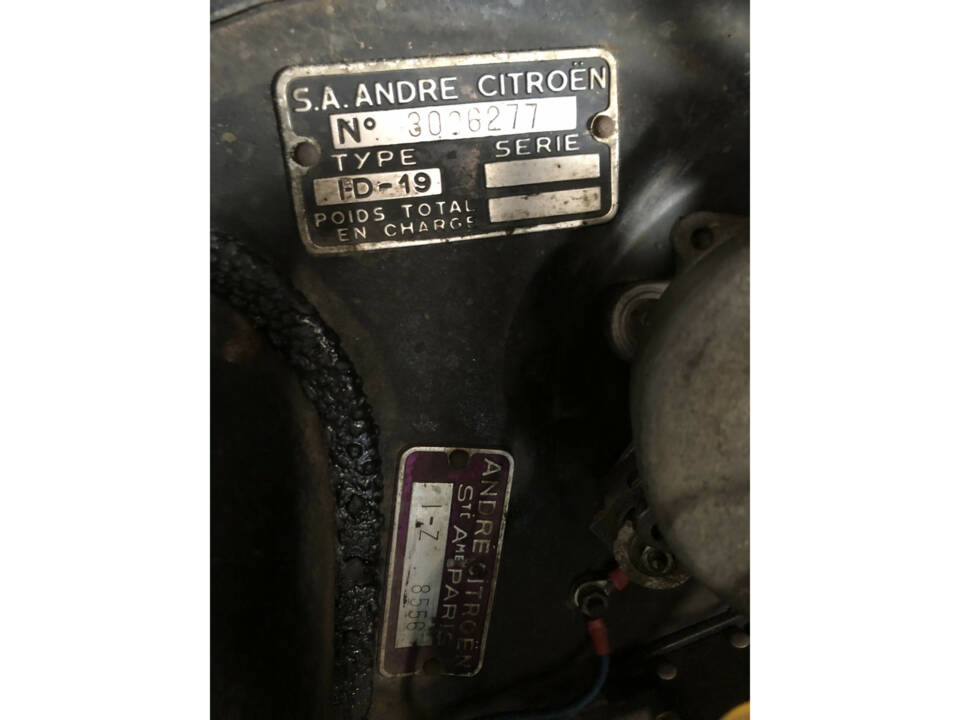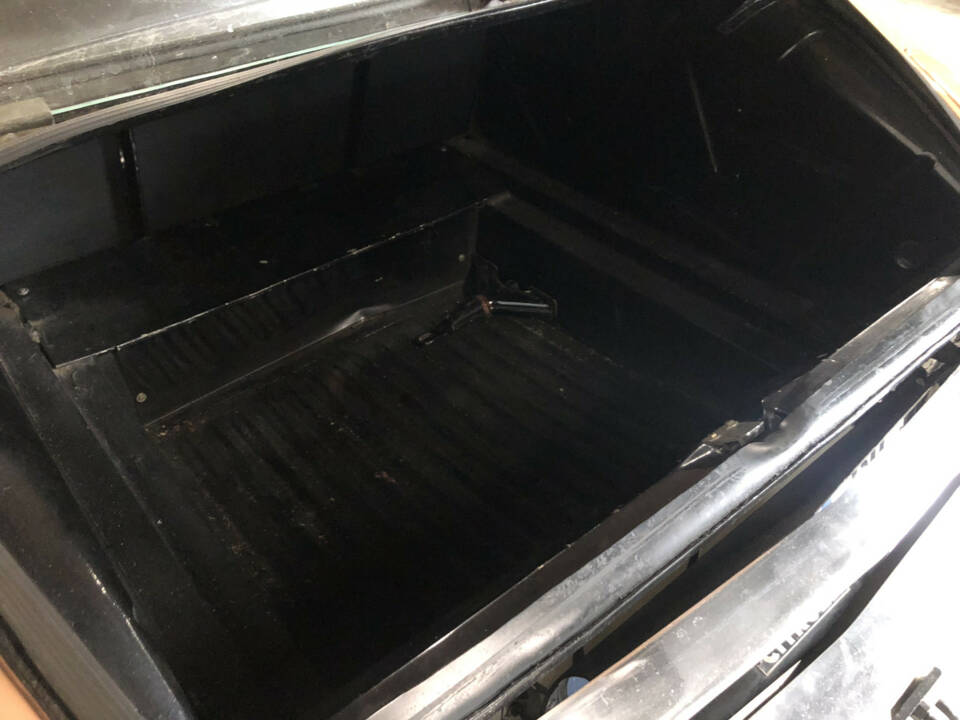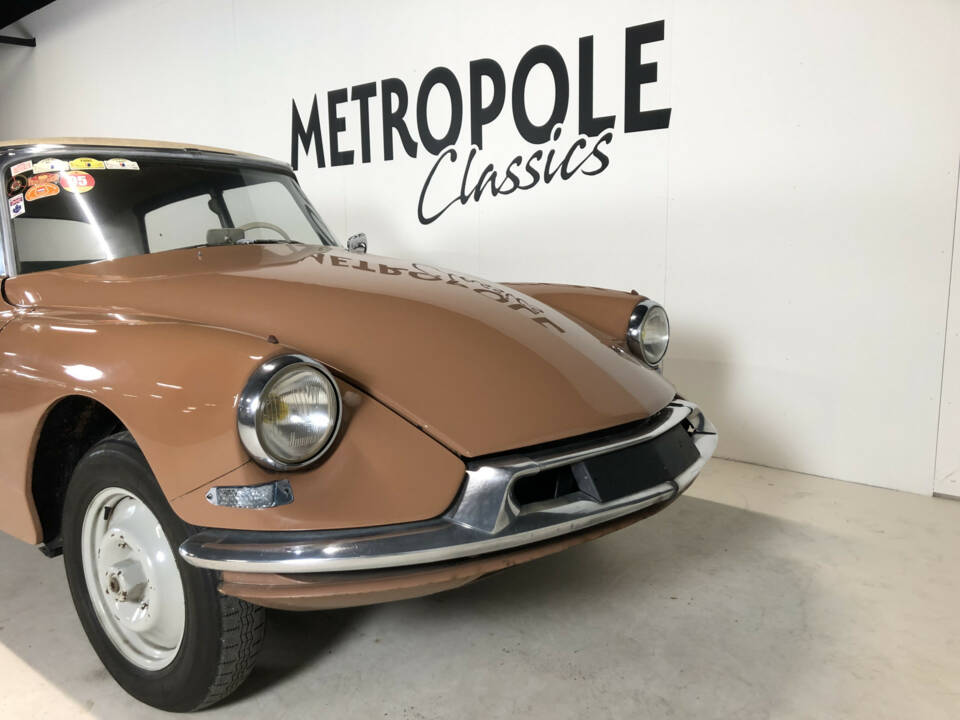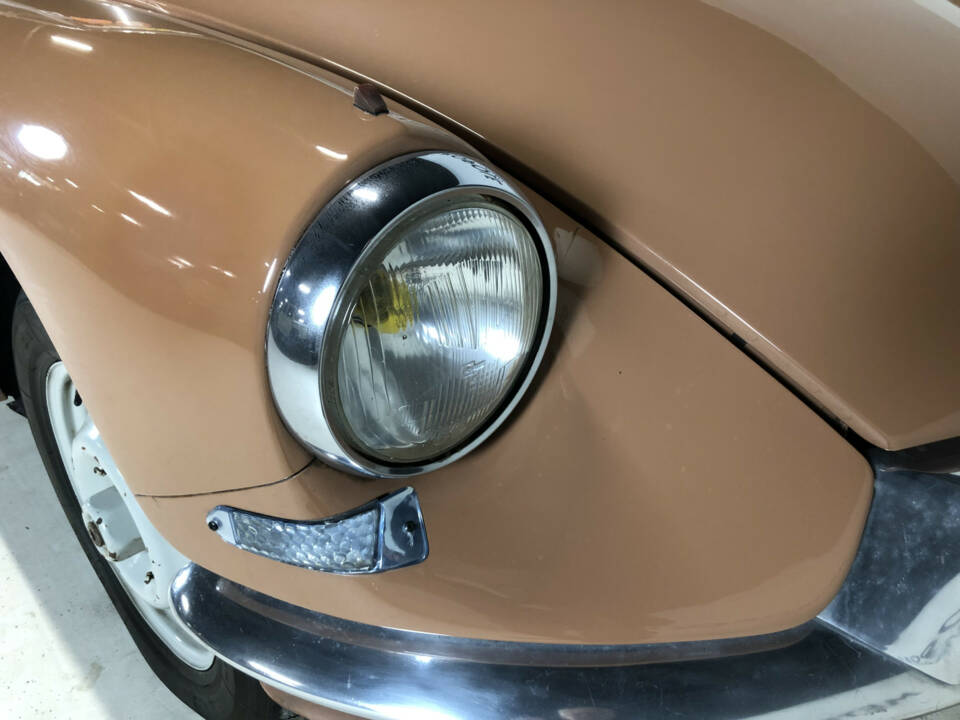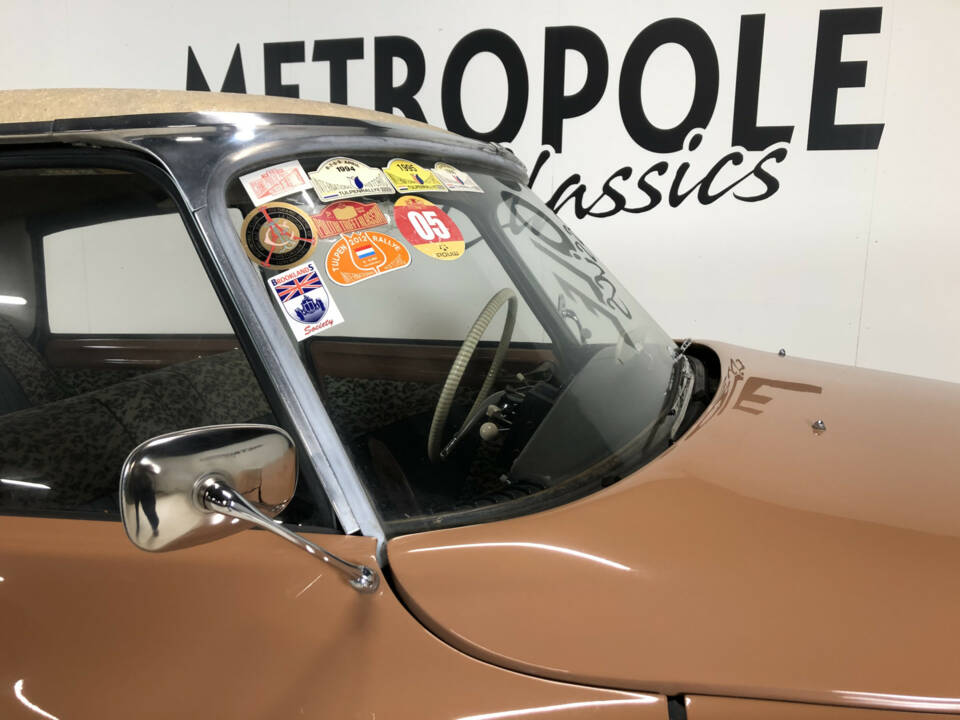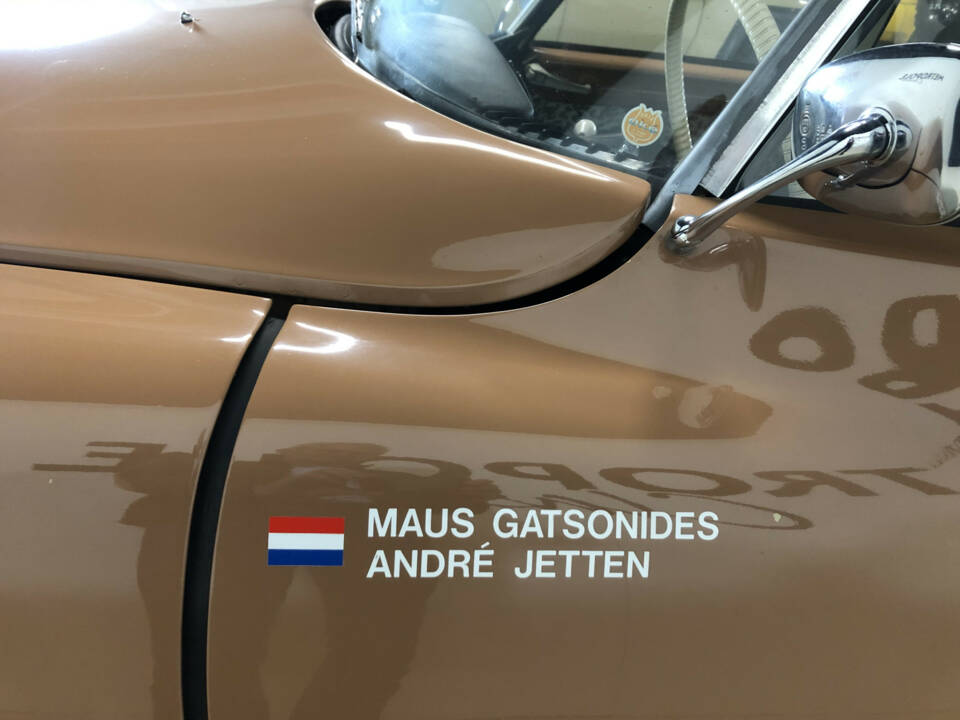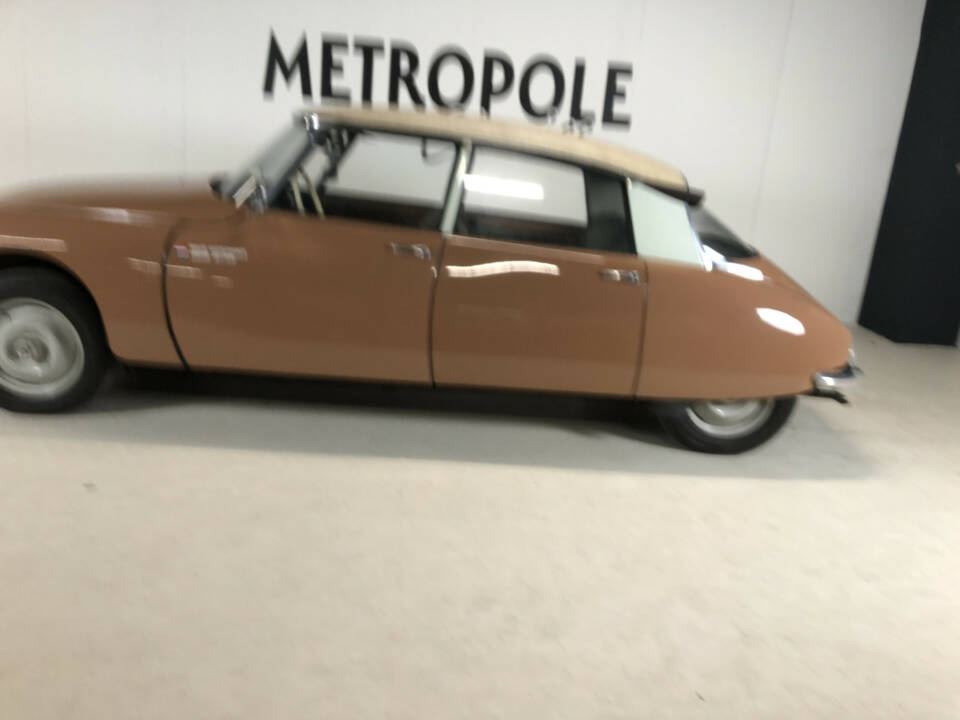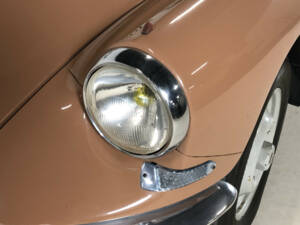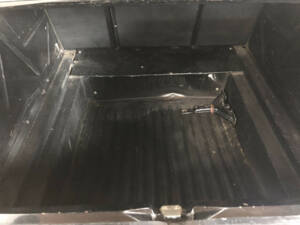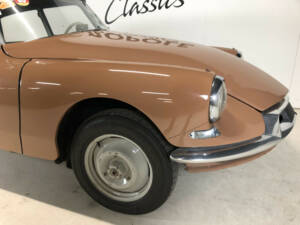1957 | Citroën ID 19
Citroën ID 19 M0669
Citroën ID 19 M0669
Citroën ID 19 M0669
Descripción
Transmission: 4 gears, Manual gearbox
The DS was presented on October 6, 1955 at the Paris Motor Show and hit like a bomb ("La Bombe Citroën").[1] In the previous decade, except for the death of Stalin in 1953, no news item in France had devoted as many lines to this event as to this event.[2] The car had different properties and applied techniques that had not been combined in one car until then. On the first day, orders for the new car were said to have reached 12,000 and by the end of the week this would have risen to 80,000,[3] a number that caused major production problems for the factory. It was only in the course of 1956 that deliveries could actually begin. In the meantime, many orders had already been cancelled. At the end of 1956 a simpler version came on the market: the ID.
The ID/DS was delivered by Citroën in various versions: saloon (sedan), break (station wagon), and décapotable (convertible). In addition, ambulances were also built on the basis of the 'break' by various coachbuilders. Henri Chapron, who manufactured the convertible and the 'prestige' for Citroën, also built various coupés, convertibles and saloons of his own design under his own (model) name. In addition, dozens of other body shops in various countries have built special models based on the ID/DS. These adjustments were relatively easy to achieve because the car - unlike its predecessor, the Traction Avant - did not have a self-supporting body, but loose (bolted) body parts on a very rigid platform. So everyone was free to improvise on that.
The DS came third in the 1999 'Car of the Century' election (Ford T came 1st and Mini 2nd) and was selected by a panel of leading car designers from the British magazine " Classic & Sports Car", voted "most beautiful car of all time"
At the end of 1956, the Citroën ID (idée) was presented to the public. In appearance, this car was roughly the same as the DS, but it was a 'stripped down' variant for price-technical reasons with simpler technology, less engine power and a more sober design. The car was aimed at a less wealthy and more conservative audience. The ID returned to a clutch pedal and a normal gear lever, allowing for a significantly simplified hydraulic system and the advanced hydraulically-assisted brakes were operated by a 'normal' brake pedal. The futuristic nylon dashboard was replaced by a more commonplace (steel) design for the time. The cheapest version, specifically for the French domestic market, the ID 'Normale' did not even have power steering, a loss that had to be compensated for by an extra large steering wheel. The export models and the later, increasingly luxurious versions of the ID (from 1970: D Spécial; D Super and D Super 5) did have power steering and other features of the DS, but - except in the station wagons, the 'break' - no 'brake mushroom' and the hydraulic semi-automatic provision for coupling and shifting remained reserved for the DS.
This DS presented here was owned by Mr. MausGatsonides, the man behind the speed posts in the Netherlands and beyond. He himself also designed 8 to 10 convertibles, the so-called Gatso's. However, one of these has been preserved. the DS here also has a very special interior, almost a complete tiger print in the car. There are also a number of important meters on the dashboard. The Citroen drives perfectly and can be used again in the next rally. A real enthusiast's car!
Detalles del vehículo
Datos del vehículo
- Marca
- Citroën
- Serie del modelo
- ID
- Modelo
- ID 19
- Código fabricante
- DM
- Primera fecha de registro
- No provisto
- Año de construcción
- 1957
- Kilometraje (leer)
- 70.378 km
- Número de chasis
- No provisto
- Número de motor
- No provisto
- Número de la caja de cambios
- No provisto
- Coincidencia de números
- No provisto
- Número de propietarios
- No provisto
Detalles técnicos
- Carrocería
- Berlina (4-doors)
- Potencia (kW/CV)
- 51/69 (Fábrica: 46/62)
- Capacidad cúbica (cm³)
- 1911
- Cilindro
- 4
- Puertas
- 4
- Manejo
- Izquierda
- Caja de cambios
- Manual
- Marchas
- 4
- Engranaje
- Delantero
- Freno delantero
- No provisto
- Freno trasero
- No provisto
- Combustible
- Gasolina
Configuración individual
- Color exterior
- Marrón
- Color según fabricante
- -
- Color interior
- Verde
- Material interior
- Cuero parcial
Equipamiento opcional
- oldtimerLicensePlate
Condición, registro y documentación.
- Tiene peritaje
- Condición
- Informe de inspección del libro
- Matrícula histórica
- Matriculado
- Listo para conducir
